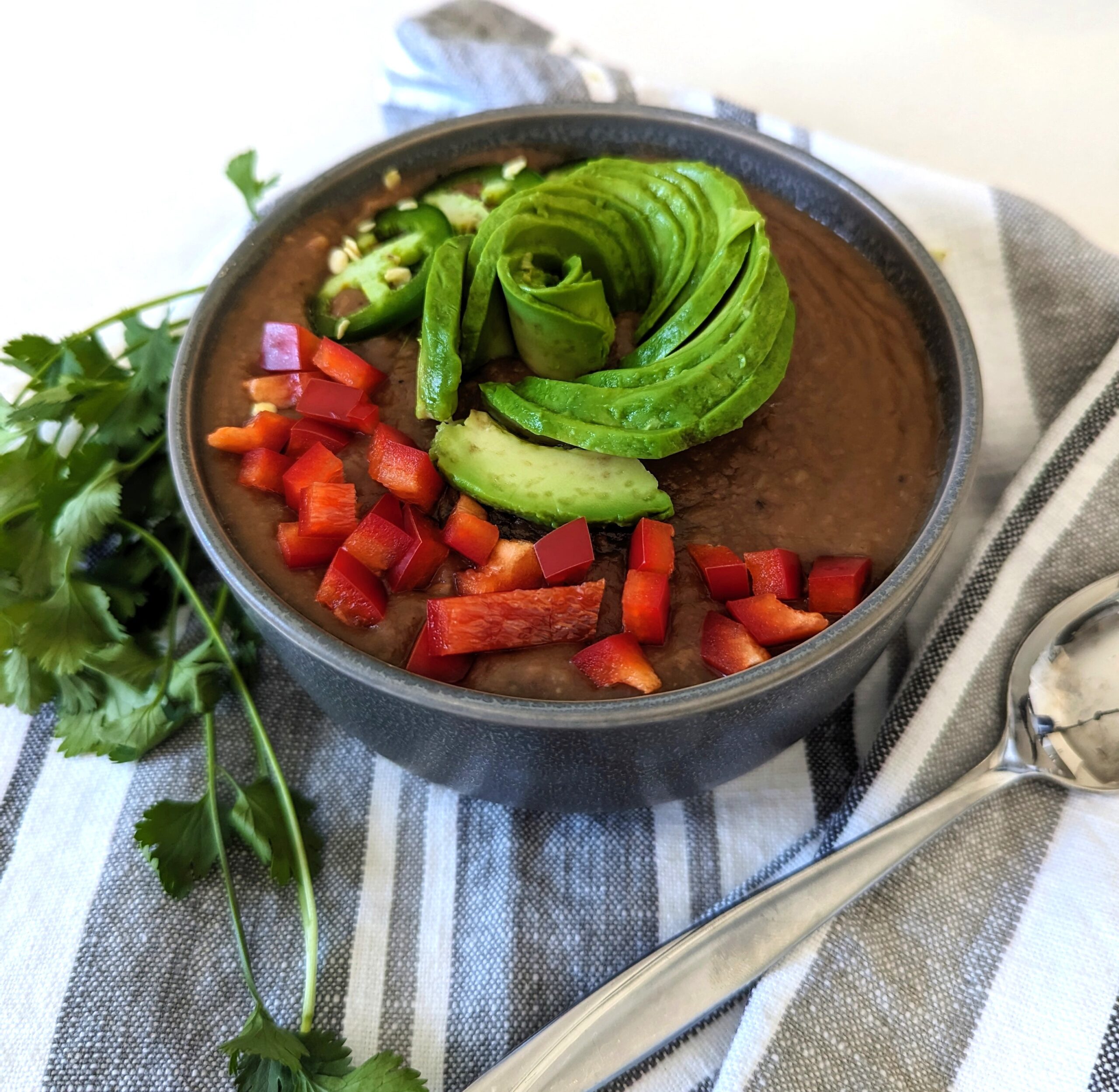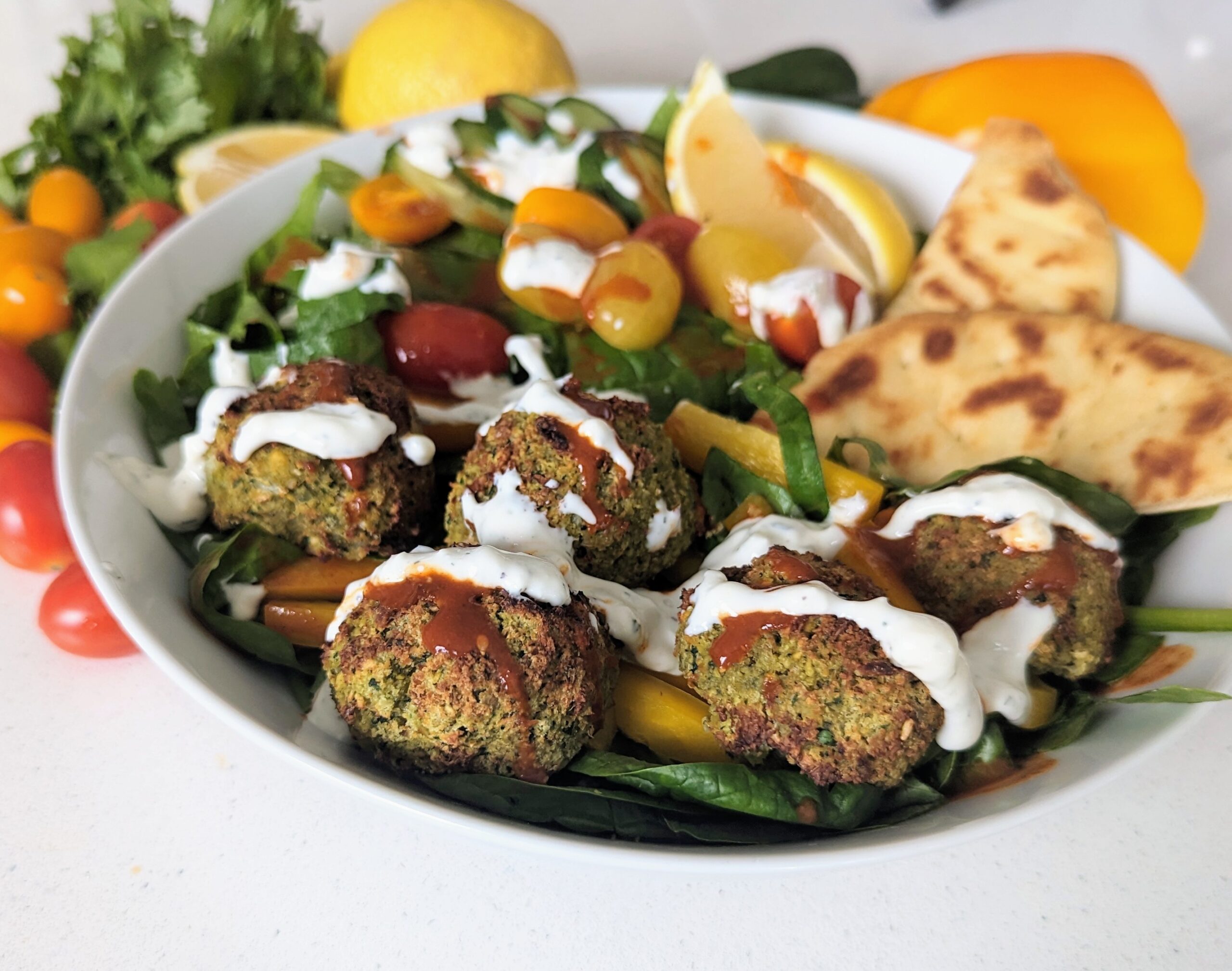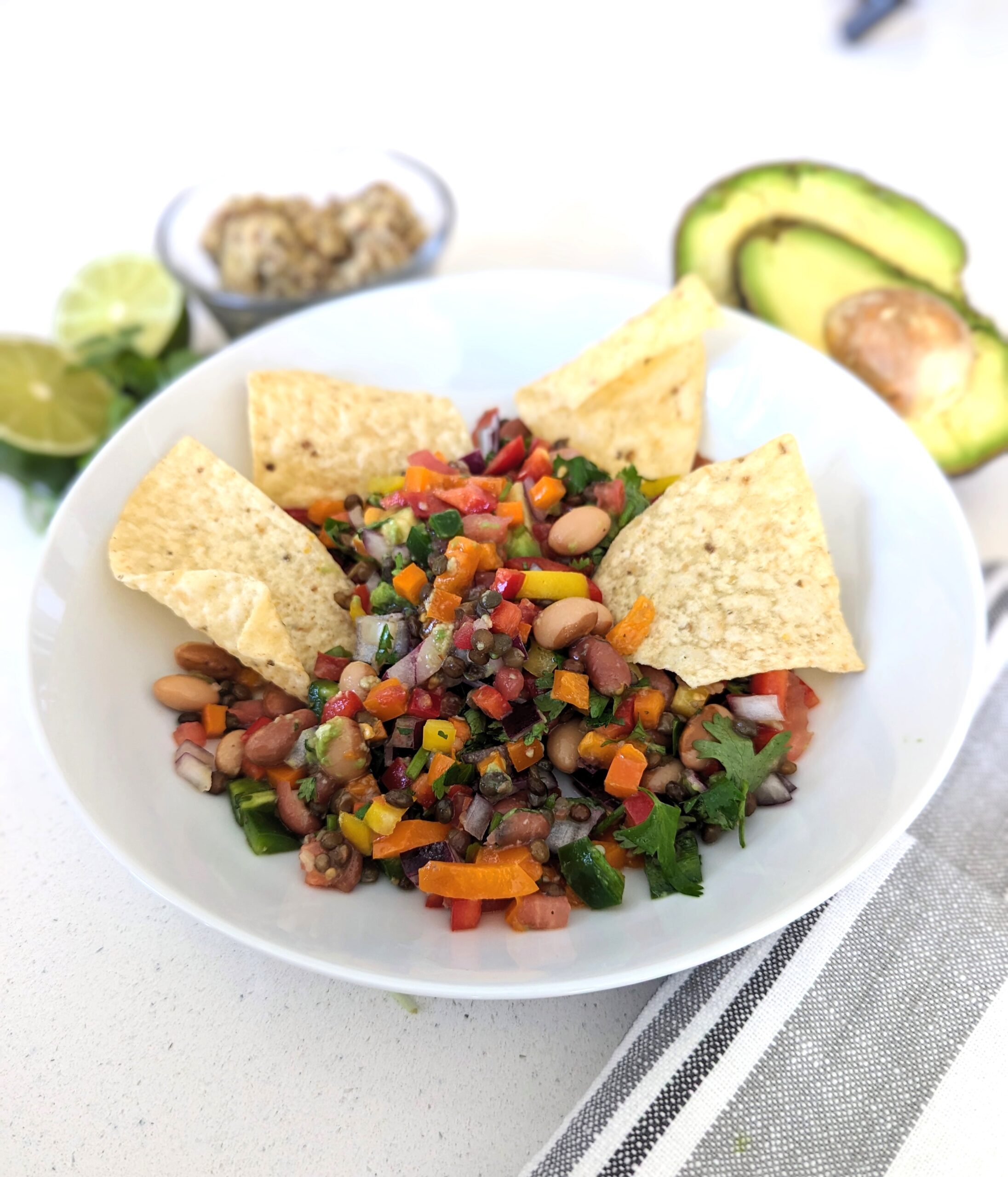Best Postpartum Nutrition Tips From A Dietitian

You rocked your nutrition during pregnancy to ensure your baby received the best. And now that your little one has arrived, maintaining your optimal nutrition intake is still extremely important. I partnered with Vitamix to share some of their scrumptious recipes that include these fabulous foods to eat postpartum (or any time/any stage of life). Here are my Best Postpartum Nutrition Tips from a Dietitian.

Fuel Yourself Right: Having nourishing, nutrient-dense food available is a must. Knowing that time, sleep, and energy levels may be limited, ask for help from friends or family to assist with meals and snacks. They can bring meals to you or help grocery shop and food prep. Soups, stews, and casseroles are good batch-cooking dishes to enjoy over multiple meals.
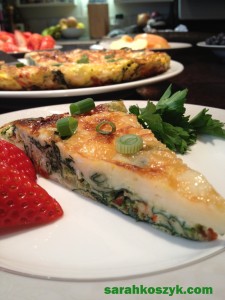
Frittatas are also a wonderful protein-packed snack or meal. Try making them ahead and freezing for later.
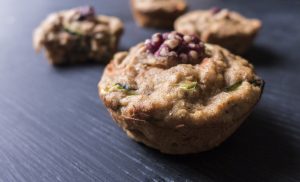
Need a healthy snack? Muffins are quick to make and easy to grab-n-go. If you’re extremely short on time, consider a healthy meal delivery service. When you have nourishing food readily available, it will be easier to eat well and stay fueled.
Eating Frequency: Just as your baby is eating frequently, you should be eating every three to four hours to stay fueled, nourished, and energized. Consistent eating will also control hunger levels and maintain milk supplies, if you choose to breastfeed. Frequent eating has even been reported to assist with weight management, so it’s a win-win situation. Try to eat three main meals: breakfast, lunch, and dinner, and incorporate snacks as needed to maintain the three-to-four-hour eating schedule.
Food Combination: Combining carbohydrates with protein at every meal and snack will help increase your metabolism, optimize your satiety, and control your hunger. A simple rule of thumb is to eat at least two food groups per snack and three or more per meal. The major food groups are fruits, vegetables, grains & starches, milk/dairy, protein, and fat. For example, a combination snack would be fruit with nuts, hummus with baby carrots, cheese with crackers, or a vegetable and cheese frittata muffin.

Hydration: Hydration is extremely important postpartum whether breastfeeding or not. Proper hydration will help maintain a good milk supply and prevent constipation. Don’t wait until you’re thirsty because you may already be dehydrated at that point. Keep a water bottle on hand at all times; if plain water is unappealing, add a squirt of lemon juice, sliced cucumbers, or strawberries to add a bit of flavor.
Essential Vitamins and Nutrients: Consume these important nutrients daily.
Protein: Recommendations for daily protein intake vary depending on one’s weight. And since protein is important to the production of breast milk, nursing moms are encouraged to eat almost twice as much protein as non-pregnant women. Try to ensure each meal has a protein source. Excellent sources of protein include beef, poultry, seafood, eggs, cheese, milk, yogurt, tofu, edamame, beans, nuts, and seeds. A fabulous, protein-rich breakfast might be Greek yogurt topped with berries, granola, and chia seeds, while snack might simply be hummus with sliced cucumbers.
Calcium: It’s recommended that you get 1,000 mg of calcium per day whether or not you are breastfeeding. Calcium is essential in maintaining bone health. Foods that are high in calcium include yogurt, milk, canned salmon, spinach, kale, and tofu.

Roasted Red Pepper Alfredo is a super-light version of the classic dish that uses tofu, cottage cheese, Parmesan cheese, and Romano cheese in a creamy, calcium-rich sauce. This photo is courtesy of Vitamix.
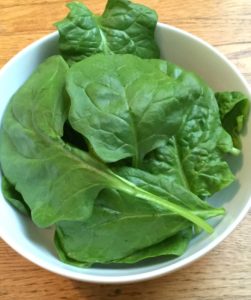
Iron: It’s recommended that you get 15 mg of iron per day in order to make enough red blood cells to move oxygen throughout your body. Babies also need iron for normal brain development. Chicken, tofu, beans, figs, spinach, chard, and dried fruits like raisins, prunes, and apricots, are all good sources of iron. Consuming vitamin C with iron helps with absorption. To up your iron intake, enjoy a spinach salad with orange slices or make a chili with beans and canned tomatoes.
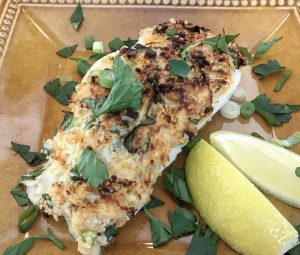
Omega-3s: It’s recommended that you get 1,100 mg of omega-3 fatty acids per day for optimal brain and heart health. Try to eat fish as least twice a week (about 6 ounces per serving). Canned fish, like sardines, tuna, and salmon, provide a quick boost of omega-3s and are easy to prepare. They’re also low in mercury and safe to consume. Add them to a pasta dish, toss them in a salad, or spread them on a sandwich.
Sarah Koszyk, MA, RDN
For more pregnancy and fertility posts, check out:
Top 10 Foods to Eat While Pregnant
Related Posts
Get 10 Must-Have Protein-Rich Powerhouse Snacks
These will fuel and satiate you.
You’ll also get access to my newsletter for the latest recipes, health tips, and exclusive offerings.
